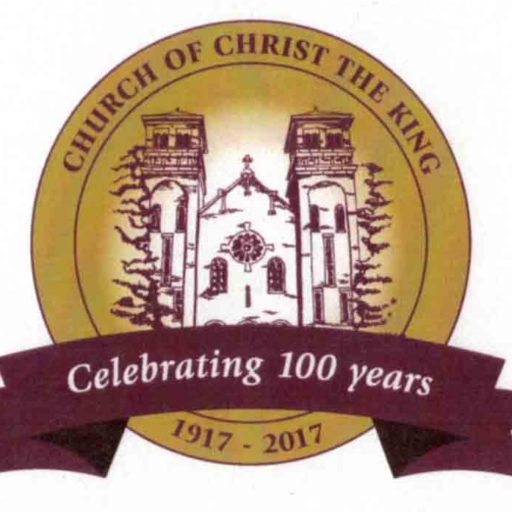Today the Church celebrates the Memorial of St. Polycarp. Polycarp is one of the Fathers of the early Church. His main claim to fame is that he was converted to Christianity by St. John the Apostle and lived in the time soon after the death of the Apostles. Therefore, he had contact with some of the disciples who knew Jesus and became an elder of an area where the Apostles worked.
Polycarp belongs to the 1st generation of Christians who were not eyewitnesses to the death and resurrection of the Lord. He was consecrated Bishop of Smyrna, located in modern-day Turkey, by St. John and served in that position for almost 70 years. His firm and unwavering faith enabled him to be a practical and influential leader as well as a gifted teacher.
In the year 155, when he was 86 years old, he was martyred for refusing to renounce his faith. He summarized his trust in God before he died by praying, “The will of God be done”.
Although Polycarp lived over 1900 years ago, we ought to resonate with his faith. Like Polycarp, we are not eyewitnesses to the death and resurrection of Jesus. But, like Polycarp, we are called to be witnesses to the death and resurrection of Jesus. Like Polycarp, we are to believe and trust in the Risen Lord and to make this truth the guiding principle of our lives.
The fundamental truth of Christianity is that evil, sin and death do not have the last word. God has the last word. God is stronger than and more powerful than evil, sin and death. The ultimate message of the Resurrection is that, since God has triumphed over the powers of darkness, he is in charge; he is in control.
Here’s where we can make a connection with the 1st Reading. St. James stresses the fragility and brevity of our existence: “What is your life? For you are a mist that appears for a little while and then vanishes”. We are not assured of living into next year, next month, next week or the next hour. Our lives can be wiped out in the blink of an eye.
James reinforces the words of Psalm 90: “So teach us to count our days that we may gain a wise heart”. The psalmist is asking God to teach him the shortness of life so that he may gain wisdom of heart.
What is the wisdom that ought to prevail in our hearts given the fact that we are here today but gone tomorrow? It is the wisdom borne out of our belief in the Resurrection. God is in control; he is in charge.
Therefore, we are totally dependent upon God. This is not to exclude all forms of planning in our lives. Not to plan in certain areas would be quite foolish. But all our planning must be in conformity with the Christian vision of life. We place all our hopes and plans into God’s hands.
This is the attitude that is expressed by James in these lines: “Instead, you ought to say, ‘If the Lord wishes, we will live and do this or that’”. In the face of the great uncertainties of life, we ought to hand over our lives to God and submit totally to his will.
What does discerning and following God’s will in daily living look like? When I think of the answer to this question, I am reminded of the Baltimore Catechism. One of the 1st questions in the catechism was, “Why did God create us?” God created us to know, love and serve him in this world and to be happy with him for all eternity in the next. I think this is what discerning and following God’s will looks like.
With the time that we have, we are to strive to know, love and serve God. Ultimately, knowing, loving and serving God will bring us to the same destination as St. Polycarp. We will be invited to live out the demands of the Cross.
Most of us will not be asked to literally shed our blood for our faith. But make no mistake. Becoming a faithful disciple of Jesus means that we will be called to lay down our lives in service for others. We, too, will be called to give our love away in total self-sacrifice, and that will come with a cost.
This is the wisdom that guided St. Polycarp, and this same wisdom ought to guide our lives. As our Eucharist continues, let us ask God for this grace.
Amen.
Deacon Roland Muzzatti
February 23, 2022
